How to Get Your Gut Back on Track After Getting Sick on Holiday
Coming back from a holiday with a sore gut as your souvenir is never fun.
Infections that cause traveller’s diarrhoea can lead to chronic digestive issues if you don’t repair the damage done.
Let me explain.
Traveller’s diarrhoea is simply a form of gastroenteritis (un-affectionately known as ‘gastro’), an intestinal infection that triggers inflammation and injury in your gut.
Like other forms of gastro, it causes symptoms like abdominal pain, diarrhoea, fatigue and fever, which typically pass with the infection.
However, even in the weeks following the infection, the damage to your intestinal lining can interfere with your gut’s ability to create digestive juices (required to digest your food properly) and house healthy gut bacteria, which make up your gut microbiome (the beneficial bacteria that play an important role in gut health (discussed further here).
Together, the loss of these bugs and the injury to your gut may cause ongoing digestive discomfort, such as chronic bloating or changes to bowel habits.
If left untreated, in some people it may progress to chronic digestive disorders, such as irritable bowel syndrome (IBS) (discussed further here)..
‘Traveller’s diarrhoea is simply a form of gastroenteritis (un-affectionately known as ‘gastro’), an intestinal infection that triggers inflammation and injury in your gut.’
If this sounds like you, or someone you know, it might be time to discover the three most important strategies that can help you get your gut back on track with the help of a natural healthcare Practitioner at Your Wellness Centre, outlined below.
Step 1: Start with a Snapshot
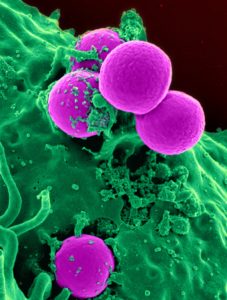
Whether you develop chronic gut symptoms after Bali belly depends on a couple of factors.
One is how healthy your gut was, to begin with: if you started off with a lower number of beneficial bacteria, due to factors such as a low-fibre diet or frequent antibiotic use which can disturb your gut bacteria, you may be more likely to develop chronic gut issues following Bali belly.
The second is the type of bug: a super destructive bug can decimate even the healthiest microbiome to the point where knock-on issues start to arise (such as chronic bloating).
Regardless of the situation, if you’ve experienced Bali belly and don’t feel like your gut is back to normal yet, get a snapshot of your gut bacteria through microbiome testing (discussed further here).
This test allows you to assess the damage by revealing every single type of bacteria in your gut (beneficial vs less beneficial) and how they may be impacting your gut health.
his information, you and your naturopath can create a plan together to bring your gut microbiome back into balance.
Step 2: Repair and Regenerate your Gut
After surveying the state of your gut microbiome, it’s time to start repairing your gut using a combination of probiotics, nutrients and herbal extracts.
Probiotic strains including Saccharomyces cerevisiae (boulardii) (SB), Lactobacillus rhamnosus (LGG®) and Bifidobacterium animalis ssp lactis (BB-12®) have been shown to assist with the consequences of traveller’s diarrhoea by:
- Preventing infections from escalating (blocking infectious bugs from being able to ‘stick’ to your gut lining and causing havoc);
- Protecting your gut from tissue injury caused by gastro;
- Restoring a good balance of beneficial gut bacteria lost to infection or treatment with antibiotics.
It’s important to note that these benefits are unique to the above types of probiotic strains; you can’t take just any old probiotic and get the same results.
As such, it’s always worth selecting probiotic strains that are supported by scientific evidence, especially when it might mean the difference between symptom recovery or relapse (discussed further here about why choosing a specific strain matters).
Similarly, nutrients, such as glutamine and zinc, in addition to herbal extracts, such as aloe vera and boswellia, can also repair the damage to your gut lining, by reducing inflammation and providing the nutritional building blocks your gut needs to heal. As such, by combining the power of probiotics, herbs and nutrients, you can help your gut return to its former glory.
‘It’s important to note that these benefits are unique to the above types of probiotic strains; you can’t take just any old probiotic and get the same results. As such, it’s always worth selecting probiotic strains that are supported by scientific evidence, especially it when it might mean the difference between symptom recovery or relapse.’

Step 3: Eat your Way to Gut Health
Eating to maintain your gut health is fundamental to your recovery process, as this helps to restore your beneficial bacteria and can promote gut healing. Start with following these simple tips:
- Minimise your intake of inflammatory foods (e.g. alcohol or foods high in sugar), as these can make it difficult for your gut to heal;
- Aim to eat an abundance of plants, particularly a variety of colourful vegetables, as these contain prebiotics known as polyphenols, which help feed and rebuild your good gut bacteria;
- Limit foods that cause you bloating or discomfort, such as dairy or wheat, just for a few weeks, whilst the gut rebuilds and regains its ability to digest these foods properly.
These are just a few small ways to better your diet and get back on track after Bali’s belly, but for specific dietary advice to suit your unique needs, speak to our qualified and experienced naturopath at Your Wellness Centre.

Destination: Gut Regeneration!
Nothing can make you appreciate the value of good gut health like a bout of gastro! And with the help of a naturopath, you can score a one-way ticket back to living your life without the lingering effects of traveller’s diarrhoea.
Start by being proactive, getting a snapshot of your gut followed by taking steps to heal the gut in conjunction with a healthy diet, so you can get back to your wanderlusting adventures over at your next expedition!



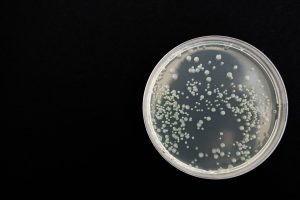
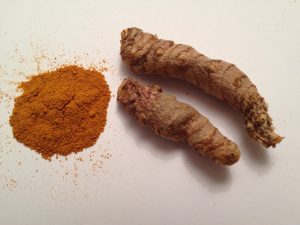

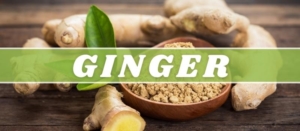
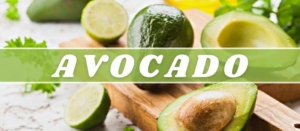
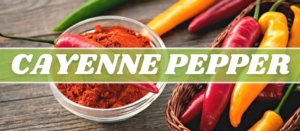

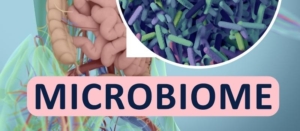
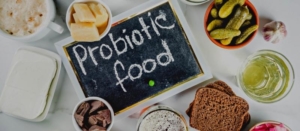

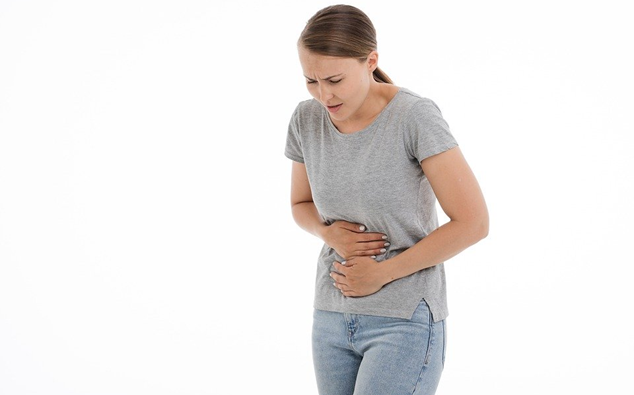


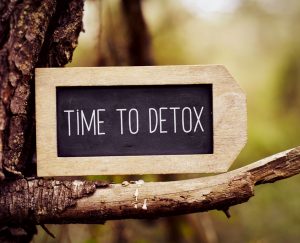
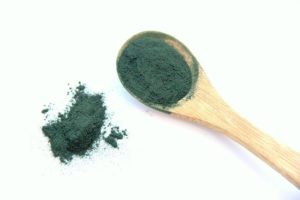 Spirulina: supports detoxification because of its anti-inflammatory and antioxidant actions. It’s particularly useful in assisting the removal of heavy metals from the body.
Spirulina: supports detoxification because of its anti-inflammatory and antioxidant actions. It’s particularly useful in assisting the removal of heavy metals from the body.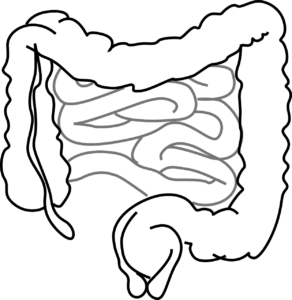 But, if your gut microbiome (or gut ecosystem) is not as good as it could be and needs a little attention, life in general and even your waistline may be quite uncomfortable.
But, if your gut microbiome (or gut ecosystem) is not as good as it could be and needs a little attention, life in general and even your waistline may be quite uncomfortable.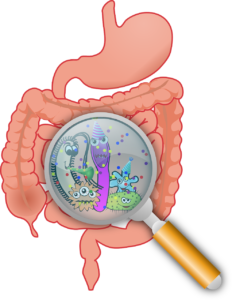 Dysbiosis and bloating have also been linked with digestive disorders such as
Dysbiosis and bloating have also been linked with digestive disorders such as 
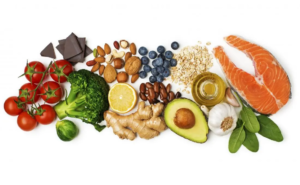 They are found in foods such as tea, wine, chocolates, fruits, vegetables, and extra virgin olive oil, just to name a few.
They are found in foods such as tea, wine, chocolates, fruits, vegetables, and extra virgin olive oil, just to name a few.